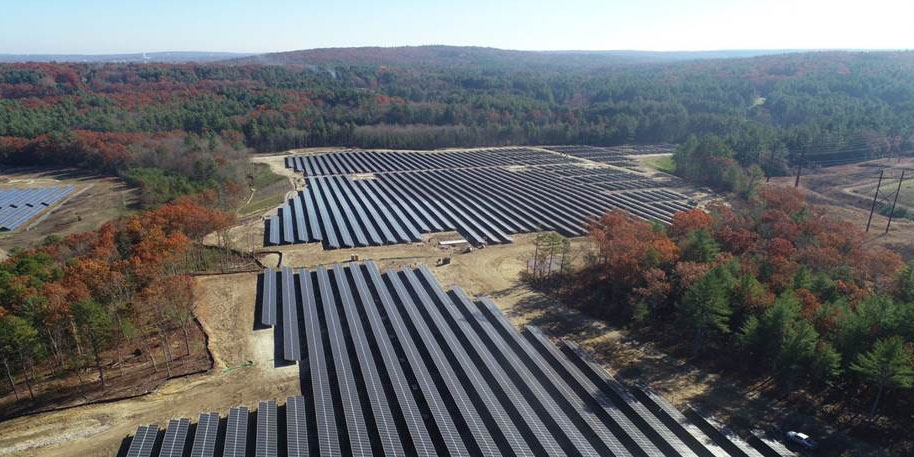
Let’s start making the obvious connections between environmentalist news stories.
Whether I’ve been failing or succeeding, all these years, I’ll leave to others to judge, but one of my core objectives has always been to foster the habit of making the sorts of connections that are too often covered over for political reasons. Let’s look at a big one.
Perhaps with the mixed motivation of appealing to the environmentalist sentiments of his party’s base, creating opportunities for those who understand the complex investment schemes around green energy mandates, and lining up more construction projects for the labor unions with which he spent his career, Senate President Dominick Ruggerio wants to accelerate Rhode Island’s rush toward self-imposed energy limitations:
Senate President Dominick Ruggerio reintroduced legislation this week in hopes of strengthening Rhode Island’s commitment to renewable energy.
The proposed bill seeks to gradually increase the amount of electricity generated from renewable sources, with the goal of hitting 100% by 2030.
Here is the connection that nobody is making, but everybody should, from Sofie Rudin of The Public’s Radio:
In the last four years, more than a thousand acres of Rhode Island forest have been cleared for solar, according to the Rhode Island Department of Environmental Management. That accounts for more than two thirds of forested land that was cleared for development. …
“For a relatively large amount of forest loss to occur to an industry that is essentially termed and represented as green energy and renewable energy, it really was surprising to me,” [Clark University Professor John Rogan] said.
Rhode Island forests pull about 500,000 metric tons of carbon dioxide out of the atmosphere each year, according to a state Department of Environmental Management report – the equivalent of taking more than 100,000 cars off the road.
The panic fostered by the environmental movement opens the door to both honest miscalculations and cynical manipulation of the political process to make or increase special interests’ fortunes.
And it doesn’t stop with deforestation. Increased energy prices correlate with increased economic hardship. Increased economic hardship correlates with less voluntary concern about the natural environment. Similarly, restrictions to our sources of energy leads to less reliability, which leads to more installation and use of gasoline-powered home power generators.
The solution of those whose advocacy produced these unwanted consequences will inevitably proceed to seek an unending series of patches on the problems, thus creating more complexity, more corruption, and more consequences. Instead, we all should pause and reevaluate our goals and the underlying challenges. Then, we can figure out how to change things for the benefit of all without coercion.
Such an approach is unlikely, however, if we don’t first admit that our government has been coopted as a tool to focus power and promote ideology for and of the Left.
Featured image by Nautilus Solar.
